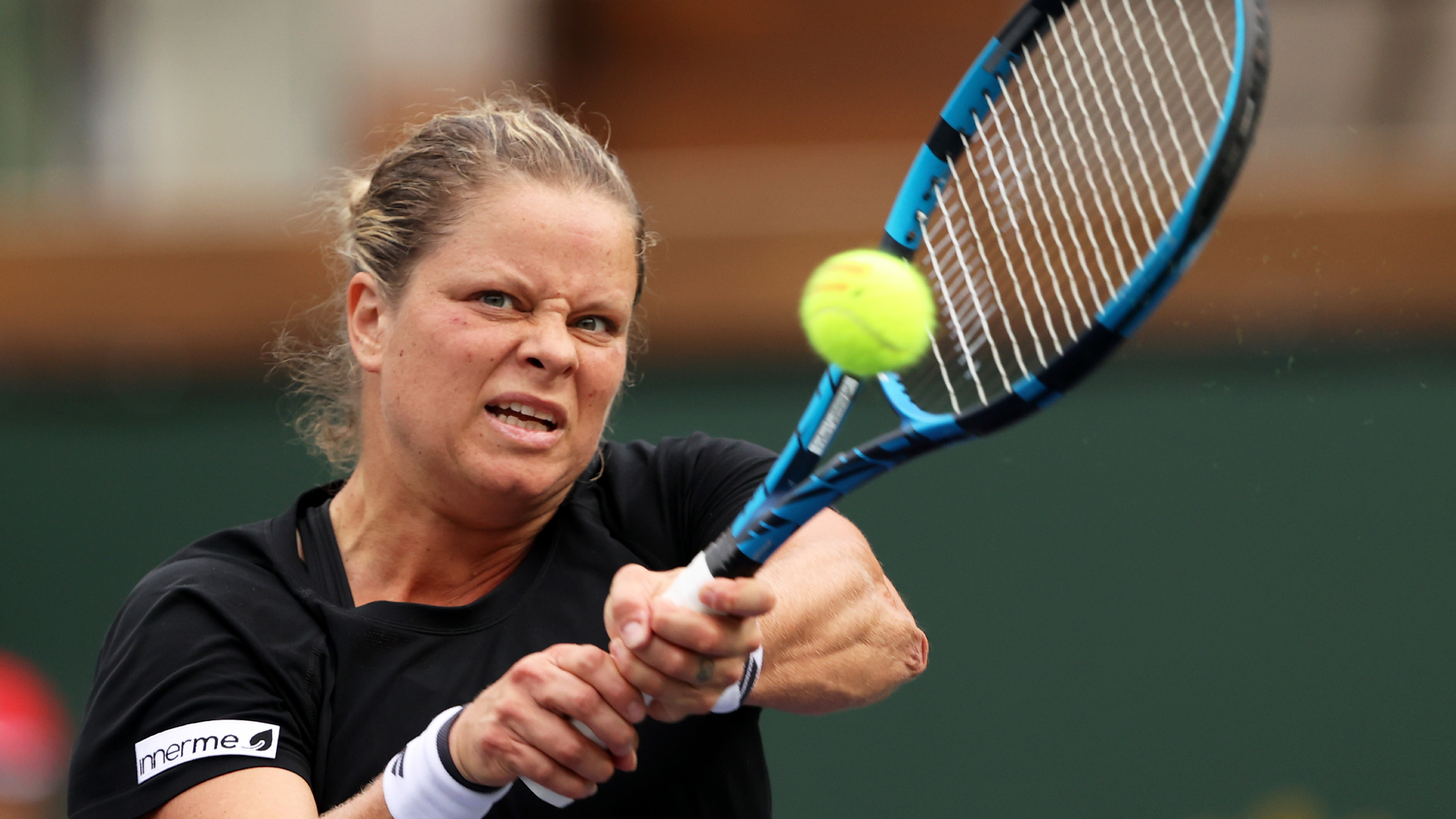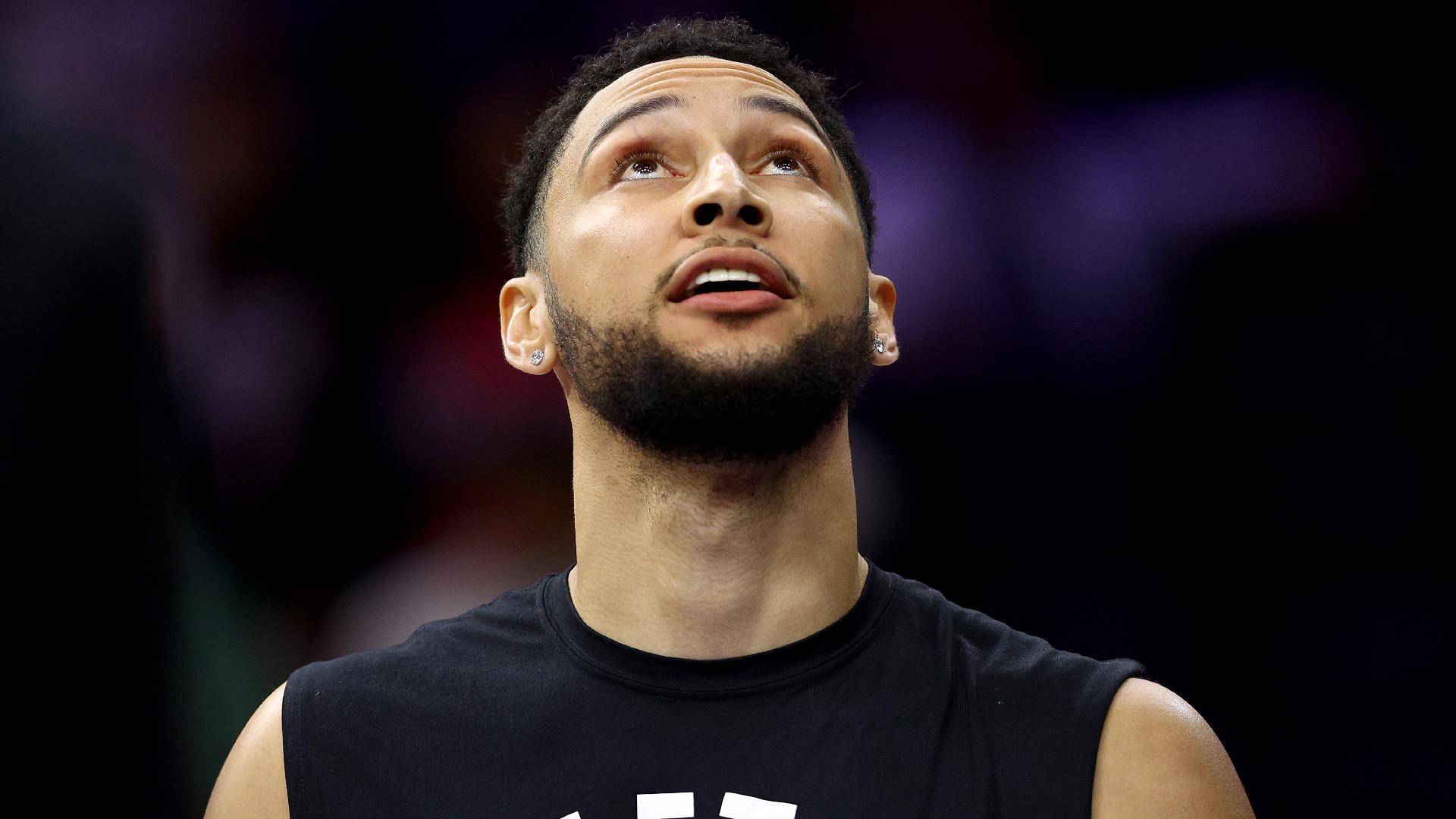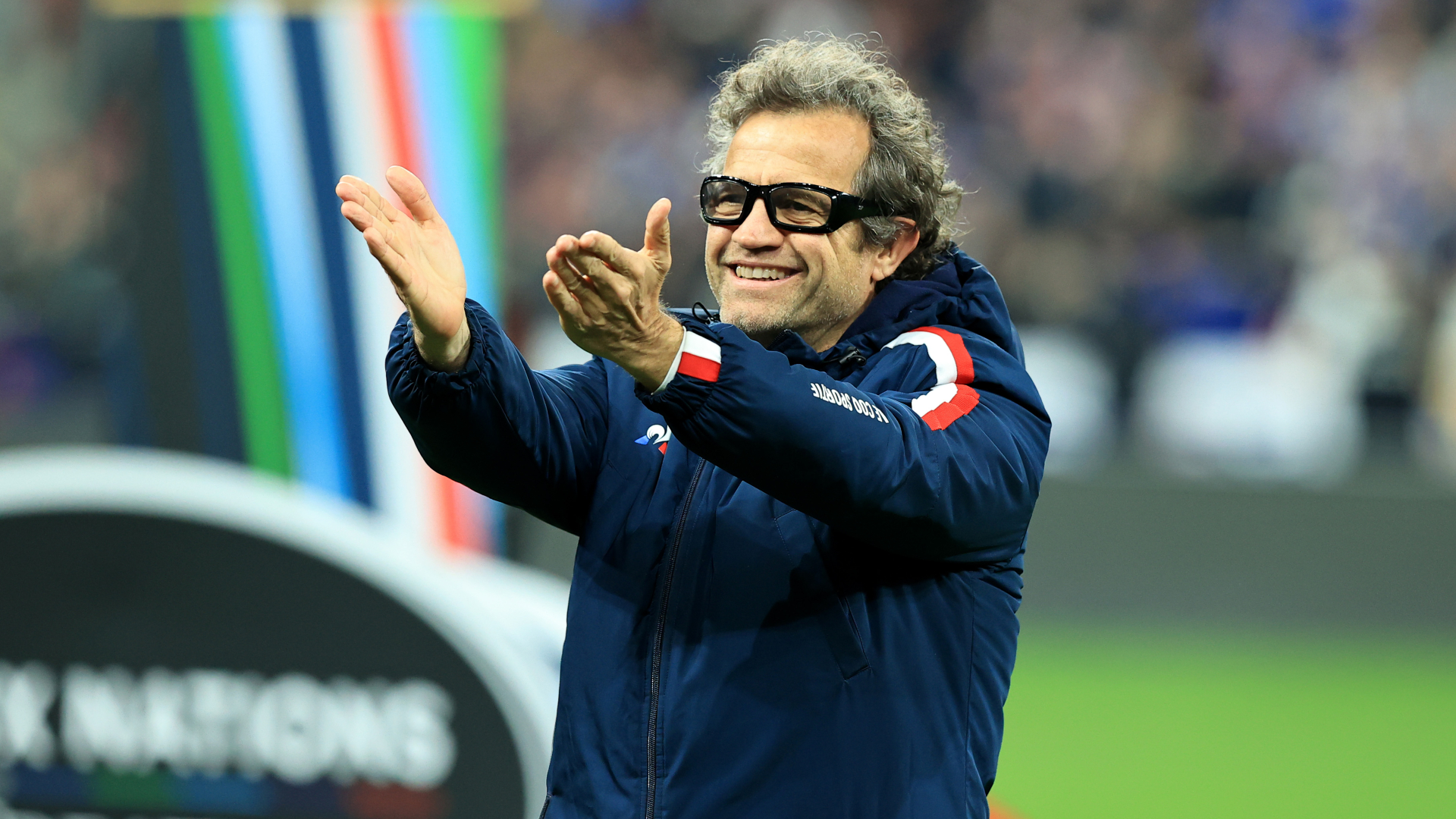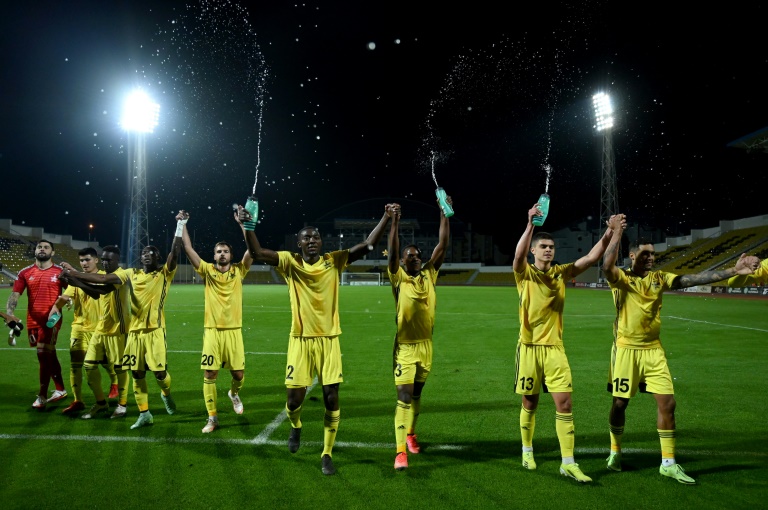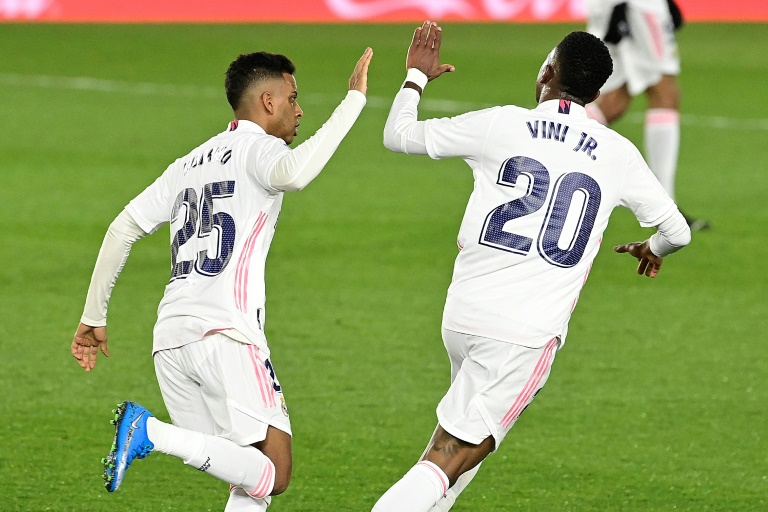
There is something about a homegrown player succeeding, especially at the top level.
Liverpool have had their fair share of local lads come through at Anfield in the last 30 years, such as Robbie Fowler, Jamie Carragher and Steven Gerrard.
It is one thing to force your way into the first team, but another altogether to do so and leave no doubt that you belong there for more than just your childhood postcode.
Since his debut in 2016, Trent Alexander-Arnold has established himself in a Liverpool team that has been enjoying as much success as any other in the last three decades.
It hasn’t all been plain sailing though, and as recently as a year ago, he was the subject of fierce wider debate regarding whether he even deserved a place in the England squad.
Although not his first team debut, it was an unlikely start against Manchester United at Old Trafford in January 2017 that was the real beginning of his journey. The skinny teenager managed relatively well in the 1-1 draw under the circumstances.
It was just a taste, but in the following season he forced his way past the dependable Nathaniel Clyne to become the Reds’ first choice right-back.
Clyne had many admirers at Anfield, but Jurgen Klopp wanted more from his full-backs and he knew Alexander-Arnold’s mouldable talent and potential was worth persevering with.
He has since emerged as one of the finest right-backs of his generation, which is quite an achievement given he played in midfield at youth level, only being moved to his current position in order to find an easier route into the first team.
Alexander-Arnold was starting a Champions League final at the age of 19, before lifting Europe’s greatest prize a year later, and winning the Premier League a year after that.
His corner taken quickly to Divock Origi in the 4-0 win against Barcelona in the Champions League and his goals against Chelsea and Leicester City in Liverpool’s march to the title the following year showed he was far from an also-ran in arguably Europe’s best team.
At the age of 21, the Merseyside maestro had a medal haul that would make most retired players jealous.
His ability to be a prominent part of Liverpool’s attack under Klopp from right-back has mostly been unquestioned, with his delivery from dead balls and in open play often compared to former England captain David Beckham.
However, it was Alexander-Arnold’s international career, or lack thereof, that began the debate about his true level.
England are blessed with a solid selection of right-backs, with Kieran Trippier and Kyle Walker often preferred by Three Lions boss Gareth Southgate, and Reece James and Tariq Lamptey threatening to be further future competition.
While the 23-year-old is not always the most resolute of defenders, it does sometimes feel as though his mistakes are viewed with more scrutiny given how strong Liverpool’s defence was between 2018 and 2020, particularly following the arrivals of Alisson and Virgil van Dijk.
The Reds conceded 38 goals in the league in 2017-18, followed by just 22 in 2018-19. They let in 33 the season after, though it must be noted 12 of those came after they had won the league and appeared to be in cruise control.
They were back up to 42 conceded in the league last season and their form had dropped off a cliff by the time Alexander-Arnold’s performances were in the spotlight.
It was no ordinary campaign for Liverpool, though, who actually topped the league at Christmas only for injuries to centre-backs to catch up with them.
Van Dijk, Joe Gomez and Joel Matip had all been sidelined for the remainder of the season, which meant midfield duo Fabinho and Jordan Henderson having to fill in. This was of course not only a step down for the defence, but also significantly weakened the midfield.
Temporary solutions were sought but results did not turn around until Klopp abandoned his usual tactics and resorted to putting two very inexperienced but large figures back there in Nat Phillips and Rhys Williams.
The knock-on effect for Alexander-Arnold as well as the rest of the team was that the usually well-oiled unit were thrown completely off course. The full-backs could not enjoy their usual freedom because the stand-in centre-backs either needed more support or were sat so deep that it would have ruined the shape to play as high as usual.
Liverpool were able to claw their way into the top four by the season’s end, but Alexander-Arnold’s output had been affected.
In 2018-19 in all competitions, he registered 15 assists and created 70 chances in 40 games, before getting the same number of assists and creating 109 chances in 49 games the next year.
However, in 2020-21, Alexander-Arnold managed just nine assists and 96 chances created in 45 games.
Was this just a dip as a result of the rest of the team going through a tricky patch, or a sign of his previous numbers simply being too high to maintain?
Alexander-Arnold has shown so far this season that it was indeed just a blip, as he has thrived again in a more stable Reds team, already achieving 15 assists in all competitions in just 26 games, as well as creating 71 chances and 15 big chances (whereby a team-mate would be expected to score), just four shy of the amount he created in the whole of last season.
He leads the Premier League for assists (10), while he has also created the second most chances (58) behind Manchester United’s Bruno Fernandes (64) having played two games fewer, and has also played the most successful long balls of any outfield player (128).
Will he ever work as well for England? He has more than enough talent to do so but given his best performances at club level involve being creative from deep and roaming into midfield, which is not exactly possible in Southgate’s compact 3-4-3 set-up with two holding midfielders, it seems unlikely for now.
As a normal lad from Liverpool whose dreams have come true, it seems unlikely that Alexander-Arnold will look beyond achieving more success for his boyhood club.
With the Reds still in four competitions this season, and a Champions League last-16 with Inter on the horizon, the Kop will only care about seeing even more world-class performances arrive from the man they cheerfully remind us all is the Scouser in their team.




